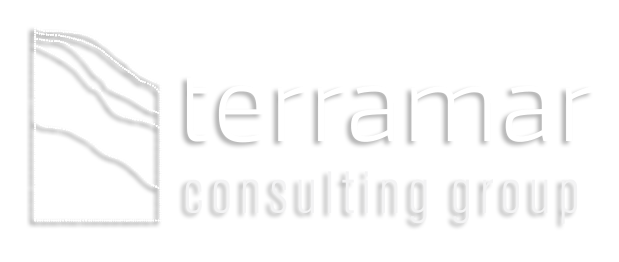Global Alliance for the Future of Food
Ensuring the Global Future of Food
PROJECT TYPE: sustainable agriculture, food security, biological diversity, social justice, health & well-being
PARTNERS: The Global Alliance for the Future of Food
VISION: Cultivating healthy, equitable, renewable, resilient, and culturally diverse food and agriculture systems shaped by people, communities, and their institutions
Photo credits: Cristina Mormorunni & Shutterstock

Rising to a Monstrous Global Challenge
Ultimately our vital natural systems—air, water, and biodiversity—pay the price, as do the communities that depend on sustainable agriculture for their livelihoods and sustenance. The global food systems’ failure to integrate true cost accounting, combined with the absence of platforms for communities to voice needs and concerns, means more sustainable approaches to food production are not recognized as viable alternatives to the industrial models that produce, transport, consume, and dispose of our food.
The TERRAMAR consulting group was brought in in the early life stages of the Global Alliance to help lay the groundwork for establishing a strategic international network interested in supporting the transition to sustainable global food and agricultural systems.

Birth of a Vital Movement: The Global Alliance for the Future of Food
The Global Alliance is committed to leveraging change at local, regional, and global levels by investing in long-term thinking; holistic and integrated solutions; community-based knowledge and best practices; and, the empowerment and mobilization of diverse stakeholders and networks.
Established in 2013, the Global Alliance is still very much in the early stages of its lifecycle Nonetheless, first-rate work is beginning to focus on several strategic priorities for reforming food & agriculture systems. These core areas of interest include:
![]()
The Economics of Food Systems:
Applying the principles and measurements of true cost accounting to the negative costs, or externalities, associated with global agriculture & food systems, such as soil and biodiversity loss, health care costs, to better reflect the true cost of producing food.
The Ecology of Food Systems:
Developing a powerful ecological, economic, and socio-cultural case for accelerating the transition to an agro-ecological approach to agriculture, which embodies the principles of ecological soundness, economically viability, and social justice.
The Well-Being Derived from Food Systems:
Expanding the meaning of ‘well-being’ from the relatively narrow range of outcome indicators currently utilized, towards more integrated outcome-based criteria, such as nutrition, health, happiness, and social and cultural indicators of resilience and sustainability.
The Appropriate Scale of Food Systems:
Scaling food systems to foster resilience and food security and thus, promote sustainability at the rural as well as municipal or city level.
![]()
Four core working groups have been developed around these strategic areas of interest and are deepening knowledge, igniting action, and capitalizing on comparative advantage and collective energy to effect enduring change at a systemic level.
Catalyzing Change: The Road Ahead
![]()
To learn more, please visit the links below:
Global Alliance for the Future of Food
Resources include Agroecological Transitions and Maps, Data, and Documents
If you’re a foundation interested in getting involved, learn more here.


